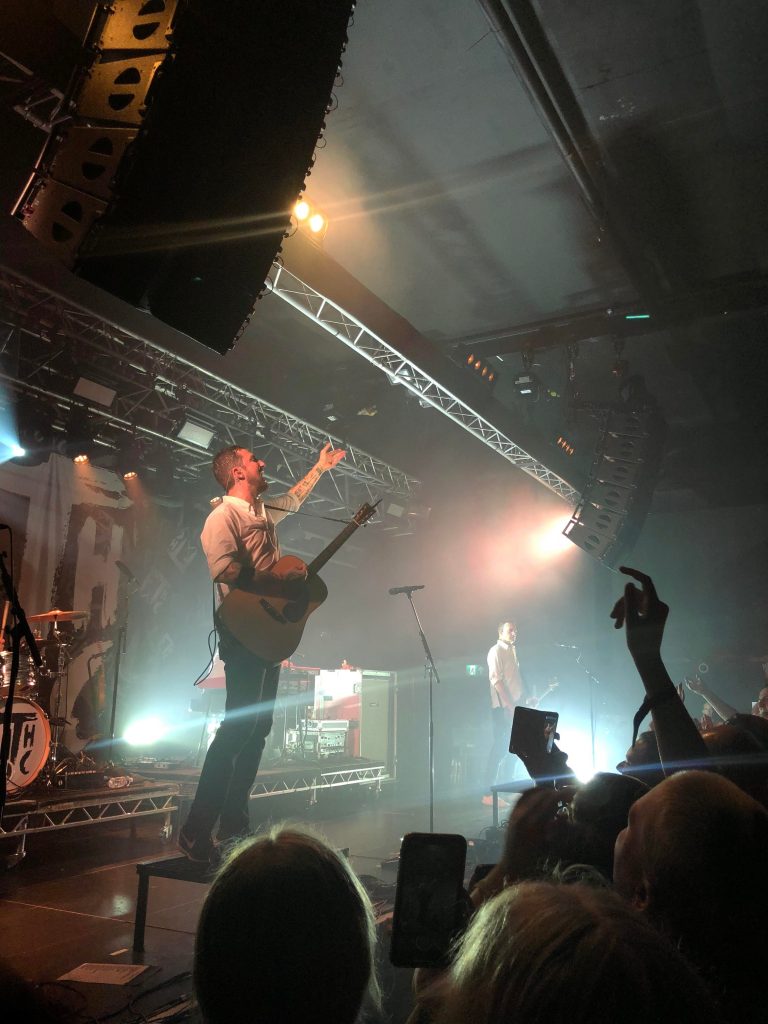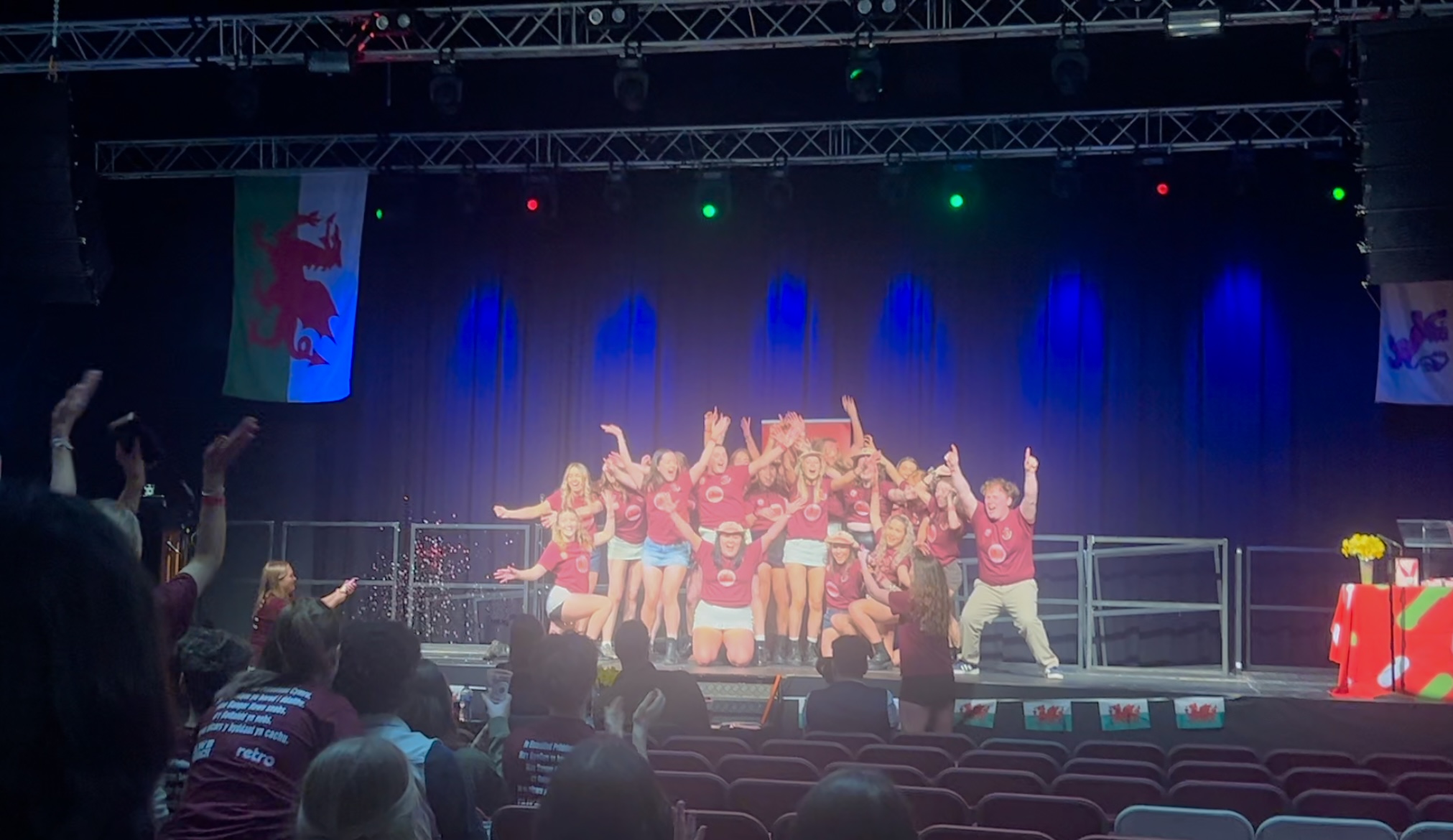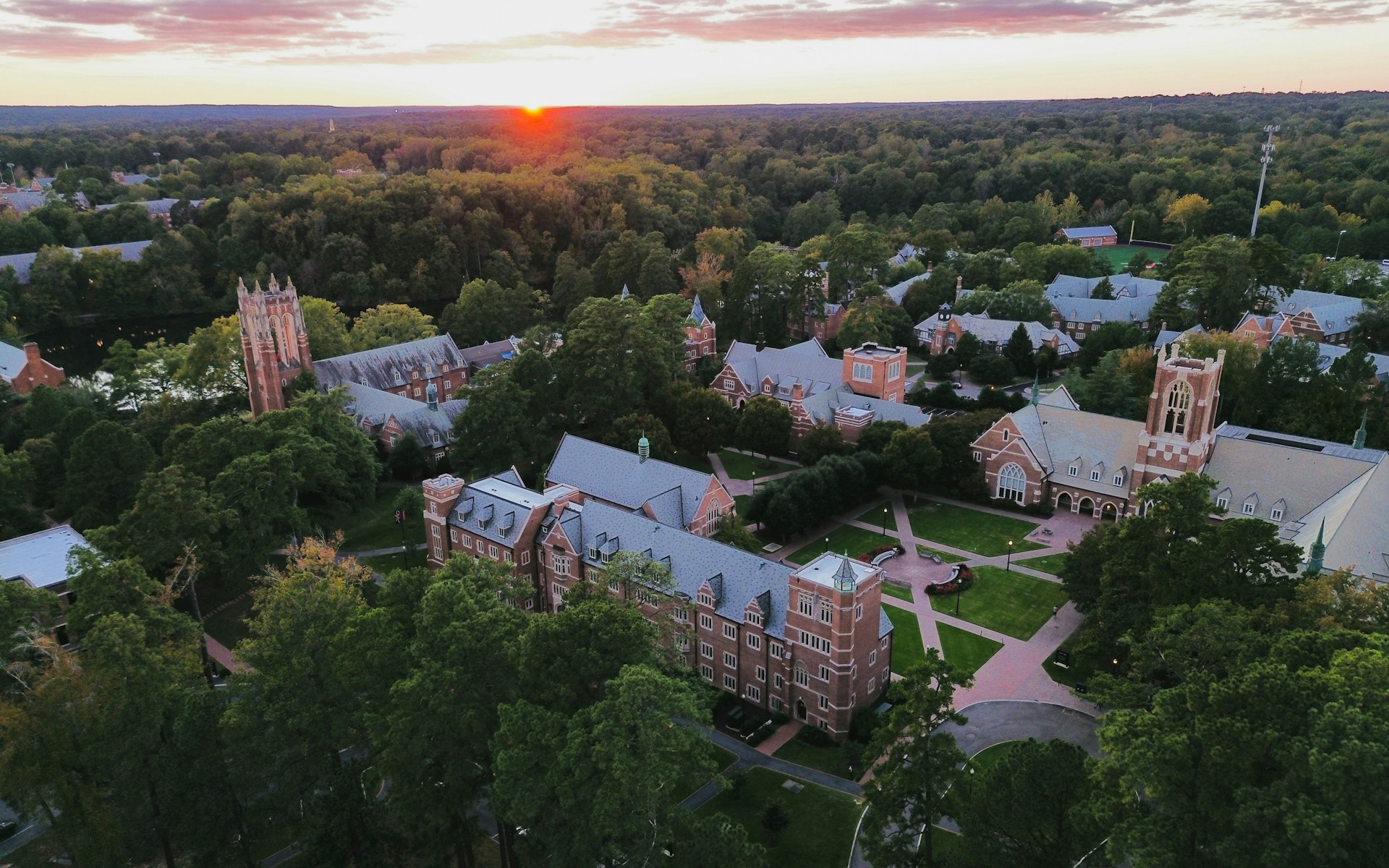Words and photos by Tabitha Murrell
TW: Mental Health, Suicide
Frank Turner and the Sleeping Souls’ performance was as potent as it was political. Kicking into gear the consciousness of the onlookers, the band invited the audience to join the anarchy not for just one night, but indefinitely. The sound of Frank Turner is composed not only from heavy drums fused with head-banging melodies, but folksier ditties to be sung whilst drunkenly walking back from the pub with your mates. This is not to undercut the significance of any of his songs, but instead to attest that Frank is a man who does not sing of poppy extremism and debauchery, but real people’s real lives, real dreams and real problems. Tramshed is a brilliantly intimate venue that allows the crowd to get personal with an artist: at the barrier, I was only two meters from the stage so when the front man speaks, he speaks to me. The atmosphere consisted not of an artist/fan relationship but a group of exhilarated friends having a dance, a sing and a conversation.
The gig kicked off in style with a theatrical performance from support act Pet Needs which included an animated performance from lead singer Johnny Mariott, whipping his mic lead and stand across the stage and above his head, like a punk performative ribbon dancer. This band combines niche Y2K punk with an indie, cooler vibe. It’s hard not to relate to their story of lockdown trauma and deciding to form a rock band, pouring their heart into it. With Frank Turner mixing and mastering their record, you can see that they really did just that, and it’s infectious.
The rest of the night consisted of a three-part saga. Firstly, a grand introduction to Frank Turner and the Sleeping Souls’ sound – the lights flash tense greens and blues and the audience goes insane before the music has even begun, reveling in the excitement that clouds the air around us. He opens with the simple words ÔÇÿI want to dance’, a quick silence, then electricity bursts across the room into a fiery chorus welcoming us all to the punk rock show. The set is in part experimental, incorporating an electric fiddle at one point and not shying away from the use of the synthesizer when necessary. Turner is known for making each show unique, each song louder and more vivacious than on the album: when words need to be shouted, they can be screamed. His background is interesting, he told NME that ÔÇÿgoing to Eton got me into punk rock’. At boarding school, he felt alienated and used the anarchist punk scene as a form of escapism from his high-class schoolmates. Now he loudly abhors the UKs institution- made obvious not just by blatant songs such as Thatcher f—– the kids but also by Non Serviam, which uses a Latin phrase to invite all religions and all people to avoid the scam of politics. The crowd favourite 1933, a ballad on the rise of fascism in Europe that he states is ÔÇÿunfortunately relevant today’, also induces the same galvanizing reaction.

Secondly, his band leaves the stage, allowing Turner to play alone for half the set┬áwith various acoustic guitars. The lights mellow and Turner begins to speak his overarching message of ÔÇÿbe more mind’; although it is┬áa prophecy used by many current artists, Frank’s word speaks a more personal truth. He stops to talk of his fellow singer-songwriter and friend Scott Hutchison of Frightened Rabbit and his recent suicide. During A Wave Across a Bay about Scott,┬áI saw grown men reduced to tears and being embraced by their fellow concert goers in a beautiful display of genuine human emotion which is only viable via a true connection with your fans and an understanding of how to convey feelings many of us have but few of us talk about. He then goes on to openly speak about mental health to his mainly black-clad punk audience, urging them to speak their minds and how they’ll be surprised at how many people will be interested in listening. Another memorable moment from the show was his detailed relationship with his father, a transgender woman, evidenced in the song Miranda. Turner states ÔÇÿI couldn’t give a f— about anybody’s wrong opinions, she’s happy’ to an unrivalled roar of applause in the crowd. ┬á
He leaves the stage to the tune of Get Better, a burning ballad of optimism reminding the crowd that we’re not dead yet, and the message rings true as he is correct: the best is yet to come. The encore brings the crowd favourite Recovery into a frenzy of raised hands and voices, the band encouraging a mosh pit in the center of Tramshed. When it’s not big enough, Turner provokes the crowd ÔÇÿthat looks like an English mosh, not a Welsh one’ to which his challenge is gleefully accepted. Turner also pays tribute to the Welsh punk scene of the last century, in a gig that was an exploration of the human psyche, life and recovery. Turner never shies away from being blunt about his addiction issues, whilst adding comedic elements that are heartedly received. I left feeling I’d got to truly know somebody whose voice I’d heard a thousand times.


